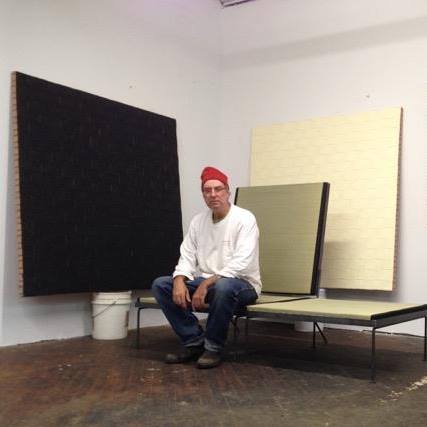Schwarz
View current page
...more recent posts
Composers’ Voices from Ives to Ellington
An Oral History of American Music
Vivian Perlis and Libby Van Cleve
The first opportunity to read—and hear—interviews with and about great American composers and musicians of the early twentieth century
The first decades of the twentieth century were a fertile and fascinating period in American musical history. This book and the two CDs that accompany it present an exceptional collection of interviews with and about the most significant musical figures of the era. Tapping the unparalleled materials contained in the Oral History American Music archive at Yale University, Composers’ Voices from Ives to Ellington is a unique account of what it was like for musicians and composers to live and work in those years. It is also the story of the making of the archive, as told by Vivian Perlis, who personally conducted many of the interviews.
Music aficionados can now hear Eubie Blake describe the birth of ragtime or listen to a firsthand account of how Ira Gershwin came to write those famous lines in “Let’s Call the Whole Thing Off.” In-depth interviews with such figures as Henry Cowell, Virgil Thomson, Aaron Copland, and Duke Ellington are included in the book, which also features chapter introductions and fascinating sidebars, illustrations, and anecdotes throughout. Two CDs complete the set, enabling today’s listener to enjoy the remarkablen experience of hearing the actual voices and the music of American composers of the early twentieth century.
beyondthebeatgeneration
mc5 concert posters
NEW ORLEANS - Optimism is in short supply here. And as people begin to sift through the wreckage left by Hurricane Katrina, there is a creeping sense that the final blow has yet to be struck - one that will irrevocably blot out the city's past.
The first premonition arose when Mayor C. Ray Nagin announced that the model for rebirth would be a pseudo-suburban development in the Lower Garden District called River Garden. The very suggestion alarmed preservationists, who pictured the remaking of historic neighborhoods into soulless subdivisions served by big-box stores.
More recently, Mr. Nagin contemplated suspending the city's historic preservation laws to make New Orleans more inviting to developers - evoking the possibility of architectural havoc and untrammeled greed.
But politicians and developers are not the only culprits here. For decades now, the architectural mainstream has accepted the premise that cities can exist in a fixed point in historical time. What results is a fairy tale version of history, and the consequences could be particularly harsh for New Orleans, which was well on its way to becoming a picture-postcard vision of the past before the hurricane struck.
As attention shifts from rescue to reconstruction in New Orleans, we must answer the question of how, and in what form, the rebuilding will happen. If we get the answer wrong, Katrina and Rita could turn out to be among the greatest cultural disasters the nation has ever experienced.
On a recent visit to New Orleans, I saw first-hand that the French Quarter and the Garden District are largely intact. That's good news, certainly, because these areas, with their imposing white columns and lacy cast-iron galleries, constitute the world-renowned public face of New Orleans. But the down-home heart of the city beats in lesser-known neighborhoods such as Holy Cross, Treme, Broadmoor and Mid-City, where officially designated historic districts showcase the modest Creole cottages, corner stores and shotgun houses (long, narrow houses, usually only one room wide with no hallway) that are essential ingredients in the rich architectural mix that is New Orleans. These are the buildings that we saw in those haunting images of battered rooftops dotting a toxic sea, and they are the buildings most at risk. Saving as many of them as possible is essential--and I came away convinced that the vast majority of them can be saved.
schwarz is going on vacation tomorrow - family visit to monticello and colonial williamsburg - will take pics...
